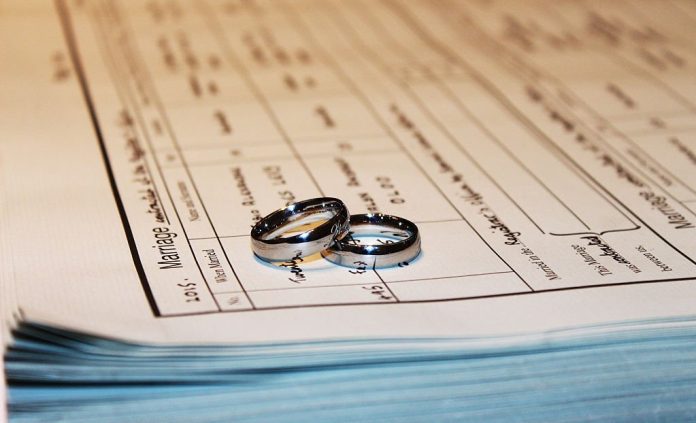Before signing Nikah papers, there are several essential things you should know:
1. Understanding of Islam:
It’s essential to have a basic understanding of Islamic principles and teachings related to marriage.
2. Consent:
Both the bride and groom must willingly agree to the marriage without any coercion or force.
3. Mahr:
The groom is required to give a gift or dowry to the bride as an expression of his commitment and financial responsibility.
4. Witnesses:
The marriage contract must be witnessed by at least two adult and sane Muslim witnesses.
5. Wali (Guardian):
The bride should have a wali (guardian), usually her father or a close male relative, who represents her in the marriage contract.
6. Marriage Officiator:
An authorized Islamic figure, such as an Imam, can conduct the marriage ceremony and oversee the signing of the marriage contract.
7. Terms of the Contract:
The marriage contract should outline the rights and responsibilities of both spouses, as well as conditions for divorce and maintenance.
8. Mehrut (Mahr Amount):
The specific amount of dowry (mahr) should be agreed upon and stated clearly in the contract.
9. Premarital Counseling:
Some communities recommend attending pre-marital counseling to address important topics and build a stronger foundation for the marriage.
10. Financial Obligations:
Understand financial obligations and responsibilities within the marriage.
11. Health and Compatibility:
Consider discussing health and compatibility matters with each other.
12. Legal Documentation:
Ensure that all necessary legal documentation is completed according to your country’s requirements.
It is crucial to seek guidance from knowledgeable individuals or religious scholars to ensure you follow the correct procedures according to Islamic teachings and local laws.


